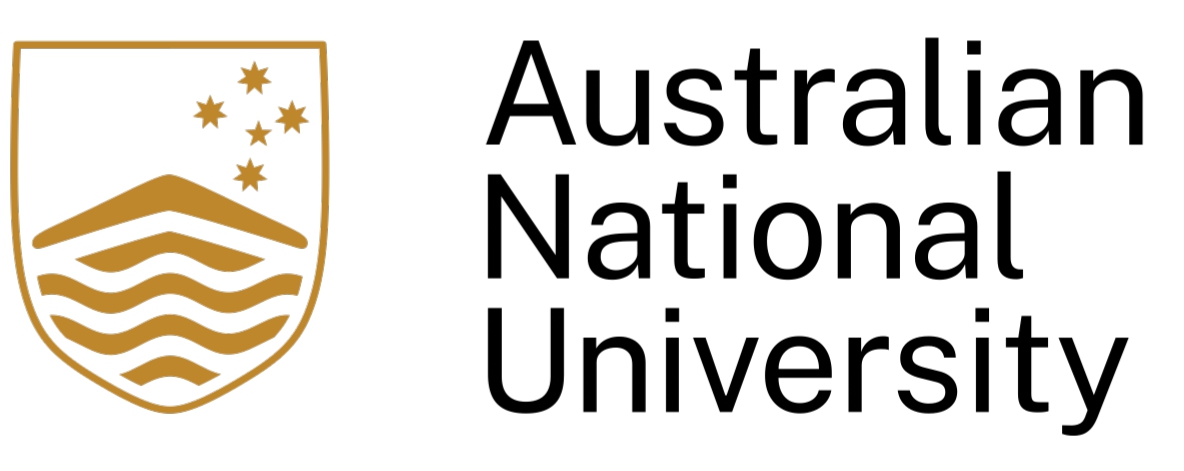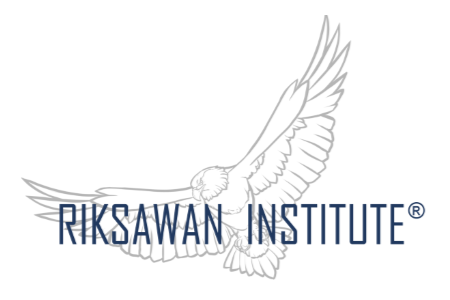Ethical Integration of Indigenous and Scientific Knowledge Systems for a Sustainable Mitigation of Environmental and Climate Change Challenges
Abstract
This study aims to bridge the ethical gap in integrating indigenous knowledge systems (IKS) and scientific knowledge systems (WSK) to enable sustainable mitigation of environmental and climate change challenges. Indigenous knowledge and belief systems have been used to guide nature conservation in sub-Saharan Africa for many years. Traditional knowledge is passed down from generation to generation, leading to resource management practices that promote environmental protection and sustainable development. Many indigenous communities in Asia, Australia and Africa just as globally have developed conservation plans that incorporate traditional ecological knowledge and community participation to protect habitats, animals, and ecosystems. However, there are ethical issues surrounding the integration of IKS and WSK that may weaken efforts to combat environmental and climate change challenges. To analyze many case studies from Asia, Australia, and sub-Saharan Africa (including Ghana, Nigeria, Zimbabwe, the Ivory Coast, and Zambia) that have investigated the integration of IKS and WSK for environmental and climate change mitigation, this study used a qualitative research method through the combination of document and content analyses. The study uses consequentialism and utilitarianism as environmental ethics theories to guide the integration of indigenous and scientific knowledge systems for sustainable mitigation strategies. Ethical issues encountered during the integration include proprietary rights for IKS, distortion and loss of traditional, cultural, and religious beliefs, and unequal recognition of IKS. The study advocates for broad and meaningful participation of indigenous and local knowledge in the international assessment process to promote effective environmental and climate change initiatives across diverse knowledge systems and perspectives.



.jpg)
.jpg)
.jpg)
.jpg)


.jpg) .
.

.jpg)

.jpg)

.jpg)




